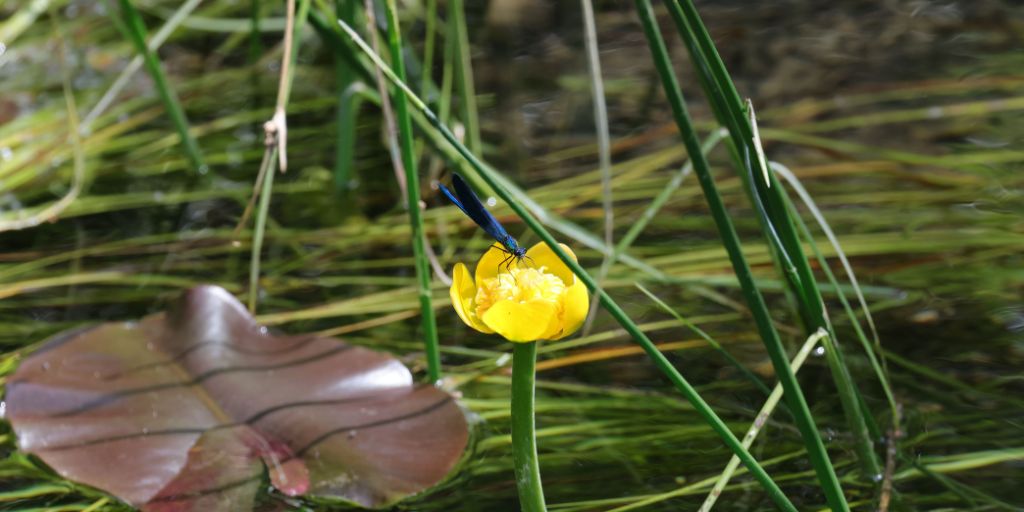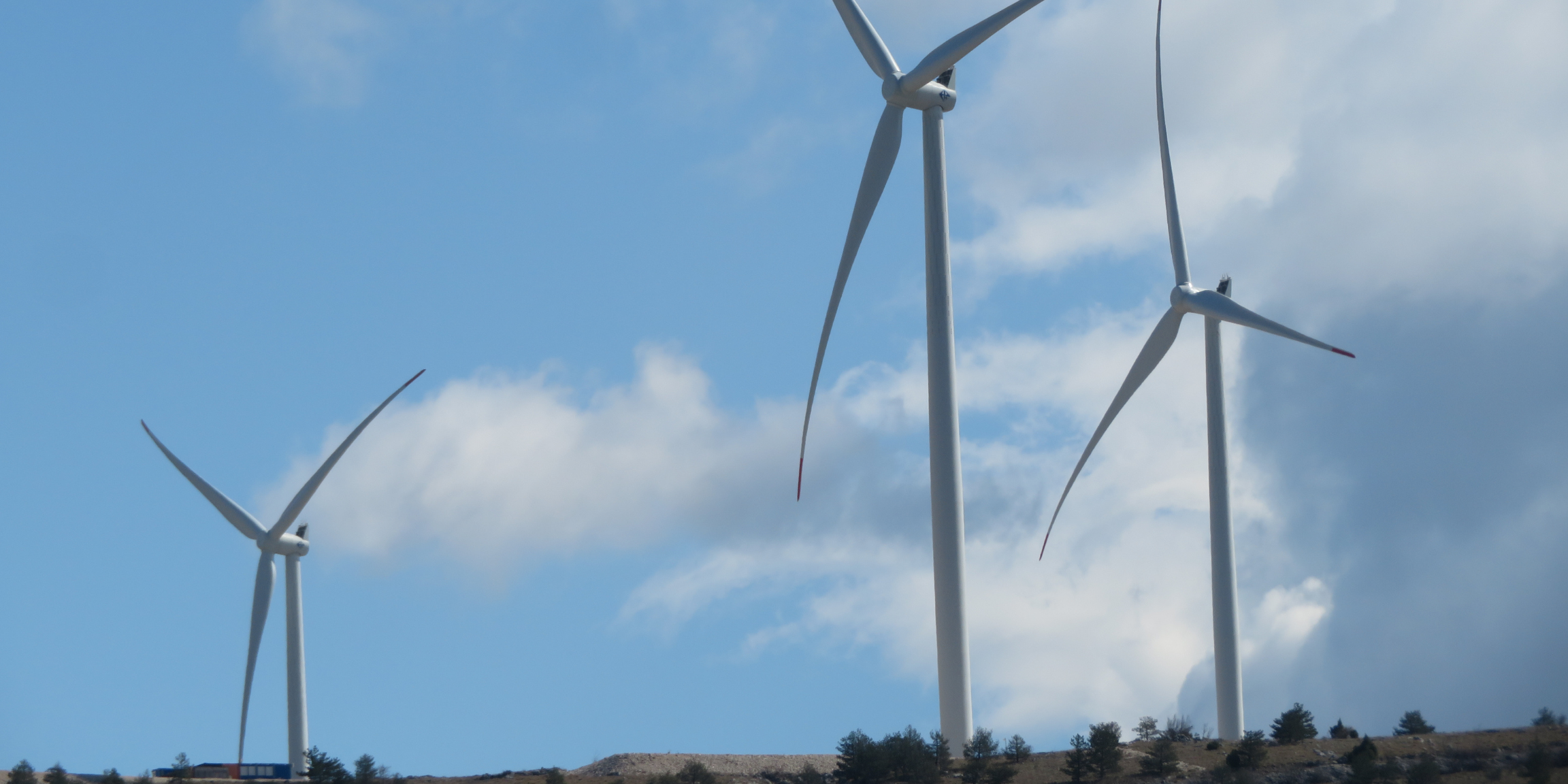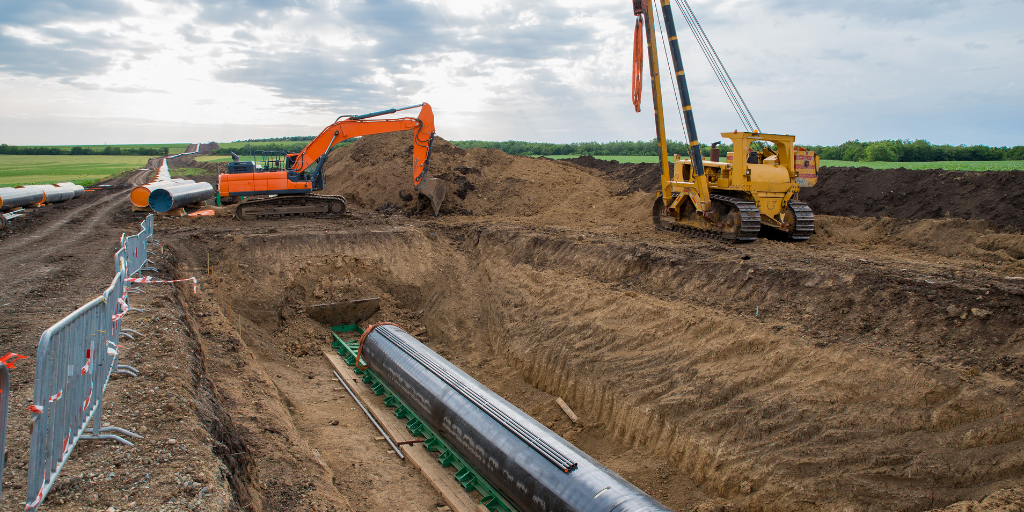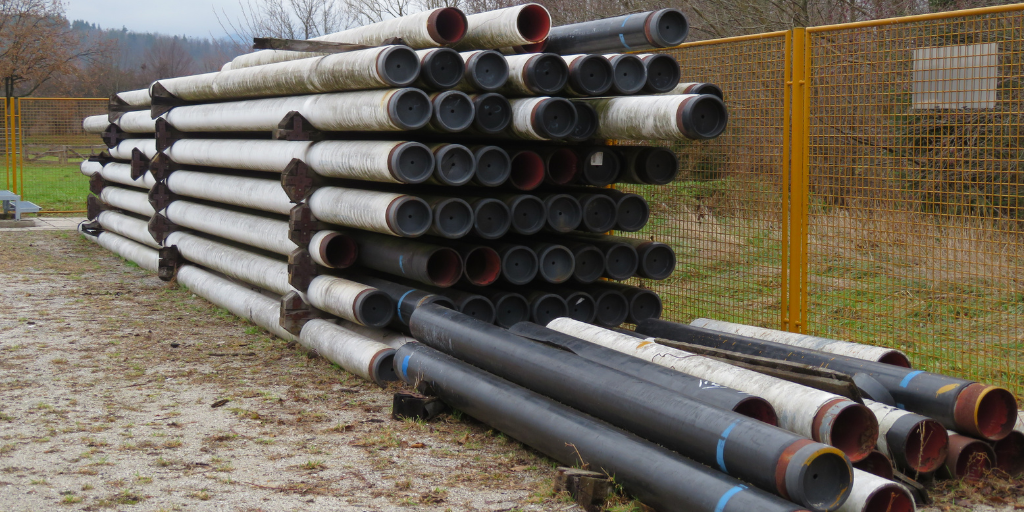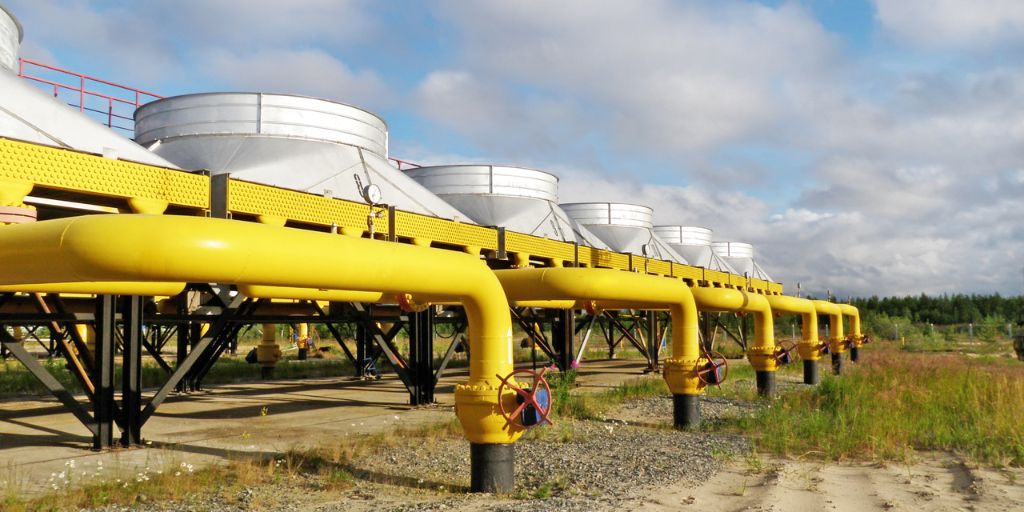
Southeast Europe Energy Policy Officer
Email: pippa.gallop AT bankwatch.orgTel.: +385 99 755 97 87
Pippa works as Bankwatch Southeast Europe energy advisor, with a specialisation in coal and hydropower in the Western Balkans. She is based in Zagreb, Croatia and speaks English, Croatian and rusty German.
More from Pippa Gallop
The European Commission launched the Green Agenda for the Western Balkans in 2020. But five years later, progress is limited. In mid-October, an updated Action Plan was endorsed by Western Balkan leaders. Here we look at whether civil society proposals were taken into account and whether the revised plan can inject new dynamism into the process.
The EBRD’s review of its GET approach should help to build an increased consensus on what investments can be considered ‘green’. This issue paper presents the key points from our extensive comments submitted to the EBRD in early April 2025.
Fossil gas makes up less than three per cent of total energy supply in Bosnia and Herzegovina (BiH), but instead of making use of the opportunity to leapfrog straight from coal to renewables, the Federation of BiH (FBiH) government is inexplicably expanding its gasification ambitions.
The long-running controversy about the planned southern gas interconnector between Croatia and Bosnia and Herzegovina (BiH) has dramatically reignited this month. After fervent lobbying by the US Ambassador to BiH, a special law on the project was adopted by the first of two houses of the Federation of BiH entity parliament on 12 December. But political controversies have monopolized the debate, with hardly a word on its energy, economic or climate implications.
This year’s COP29 United Nations Climate Change Conference in Baku never looked like a serious attempt to tackle the global climate emergency. After all, its hosts plan to increase oil and gas production by a third over the next decade – hardly a sign of climate leadership.
